In the report compiled by the Austrian authorities, Germans (232,700), Romanians (153,400) and Turks (124,100) top the ranks of the main immigrant population groups. The same report shows that 112,300 people applied for asylum in 2022 alone, driven by a surge in Afghan and Syrian migrants, according to The European Conservative, V4NA points out.
“Austria is only growing due to immigration,” declared Tobias Thomas, director general of the Austrian statistics office, upon the release of the report. Center-right Integration Minister Susanne Raab of the Austrian People’s Party (OVP) was quick to use the findings as evidence that more immigration is needed, even though the Austrian population is expected to break 10 million by mid-century despite a declining birth rate (1.48 children per woman).
While labor market needs are put forward as an argument for more immigration, the report reveals that
employment rates among some immigrant communities are significantly lower compared to the national average of 74.1%.
Only 44% of Syrian and Afghan men are active in the labor market, a figure that drops to 26.3% for women from the same backgrounds.
The report also shows that a large proportion of asylum seekers are illiterate, with 23% unable to read or write in their native tongue.
The Austrian newspaper Exxpress reports that, according to statistics out by the government, 45% of all crime suspects were foreign nationals; 28% of them foreigners residing in Austria. However, Integration Minister Raab promptly pointed out that "the Austrian asylum brake is working”. The ‘asylum break’ refers to recent reforms that are potentially having a mild dampening effect in an effort to not overburden the asylum system.
Austria recorded a 41% drop in asylum applications last year, making the country somewhat of an European outlier. This is progress, considering that Austria was previously one of the major recipients of asylum seekers during the post-2014 European migration crisis.
The flow of migrants north from the Balkans in recent months has seen Austrian officials attempt to limit family reunification and―despite heavy opposition from Green politicians―introduce DNA testing to ascertain that claimed family relationships are real.
At a European level, Austrian Chancellor Karl Nehammer (OVP) is attempting to pioneer a version of the UK-style "Rwanda plan”, characterized by offshore detention and processing of asylum applicants.
Cover photo: Illustration (Photo: Ander Gillenea/AFP)


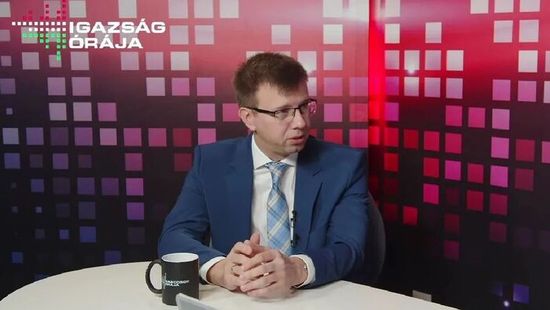

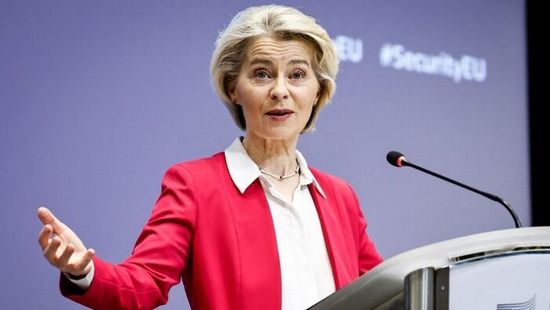

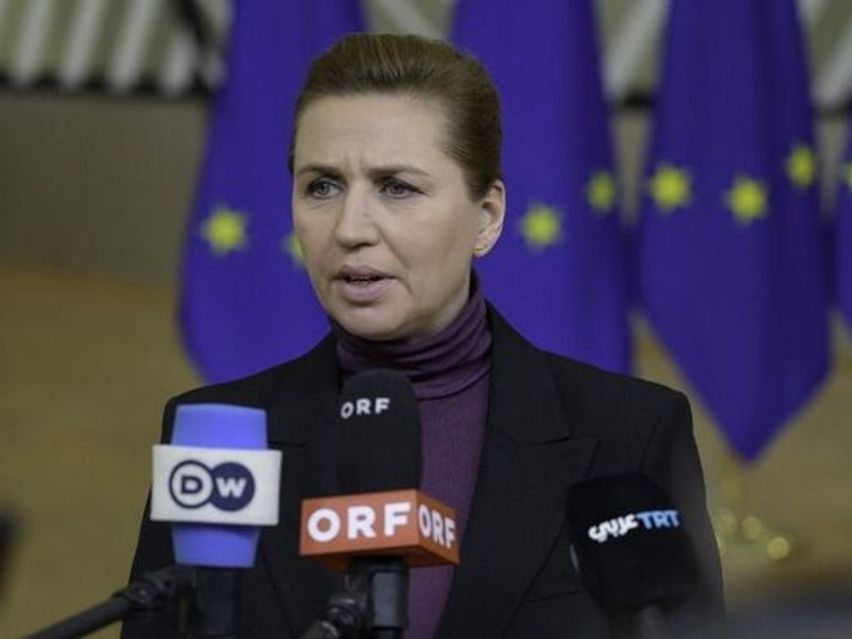
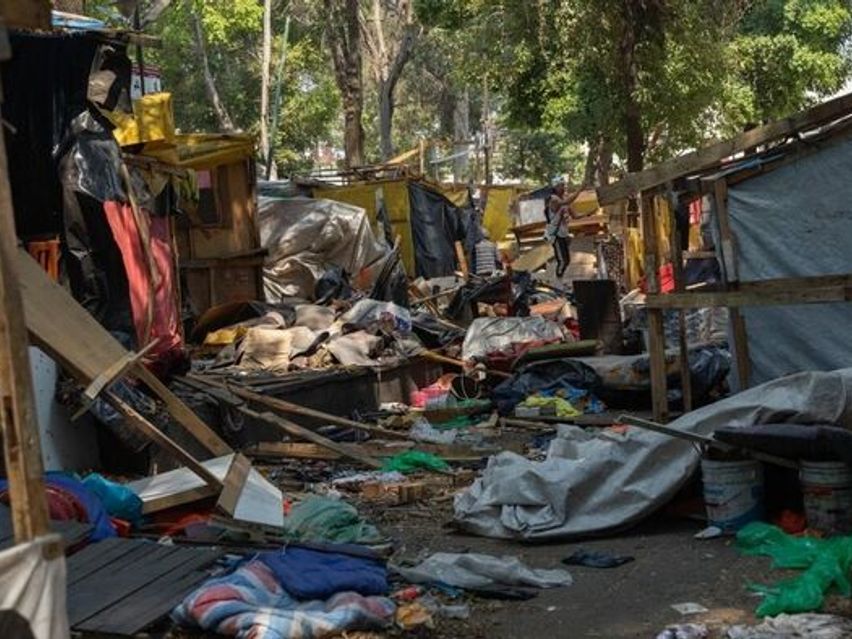



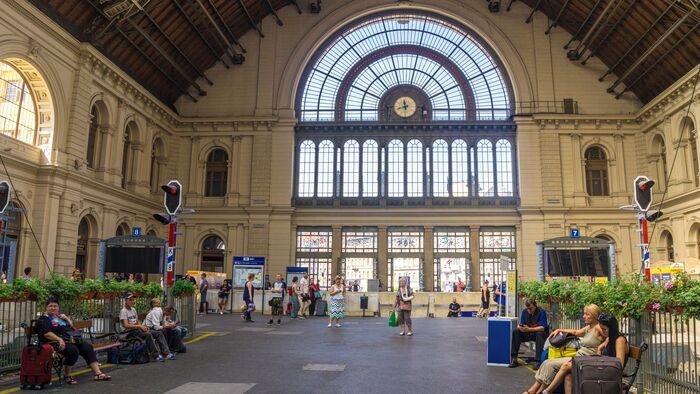
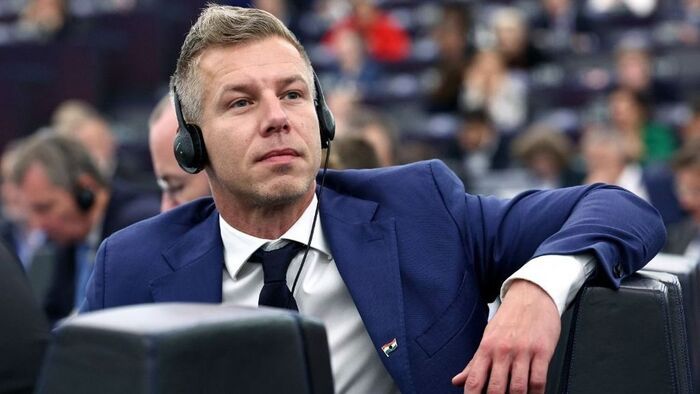

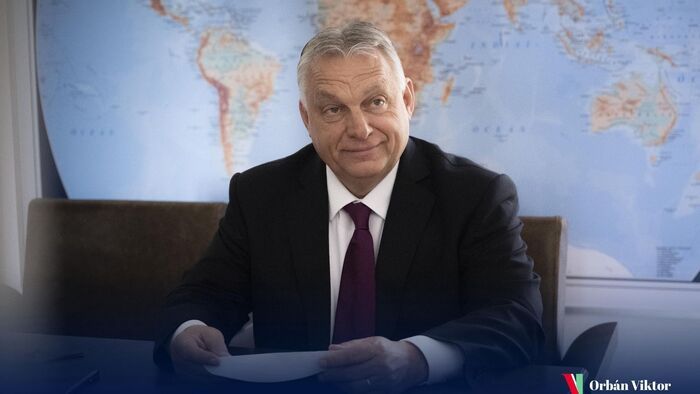
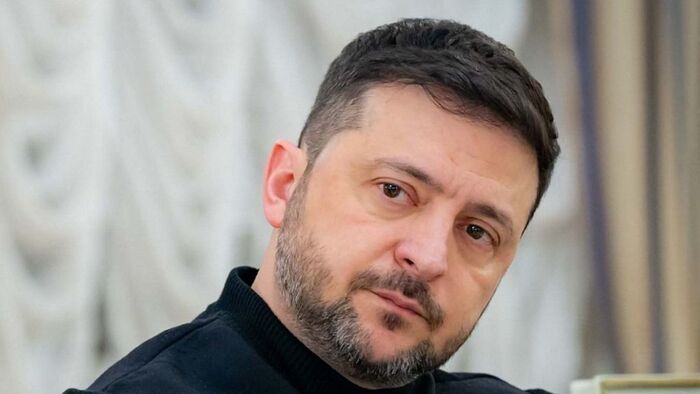
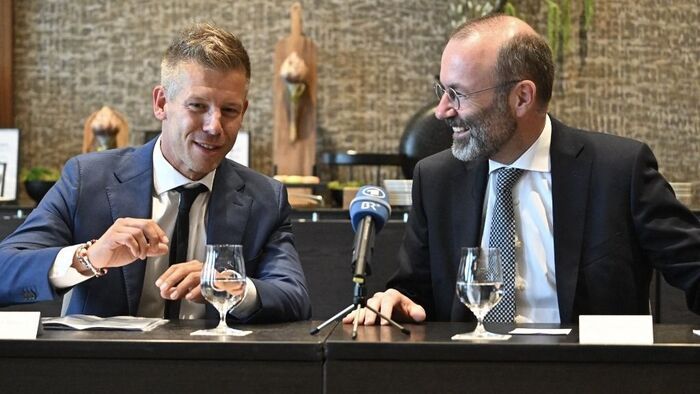
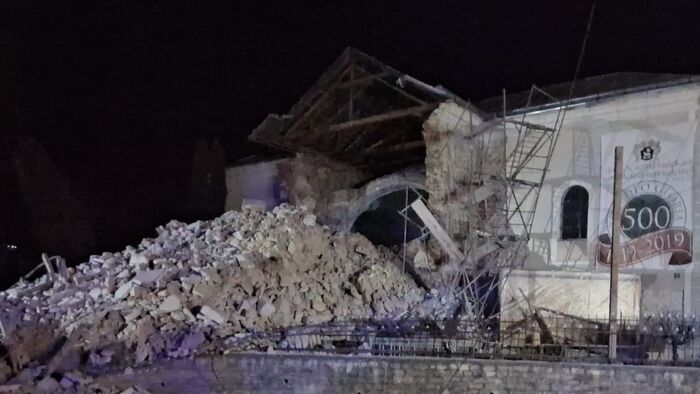
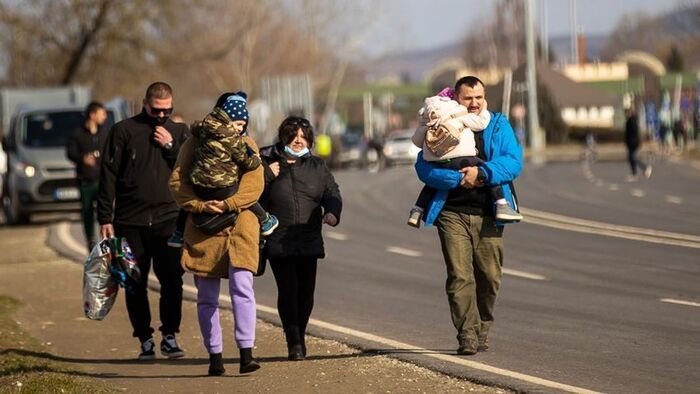

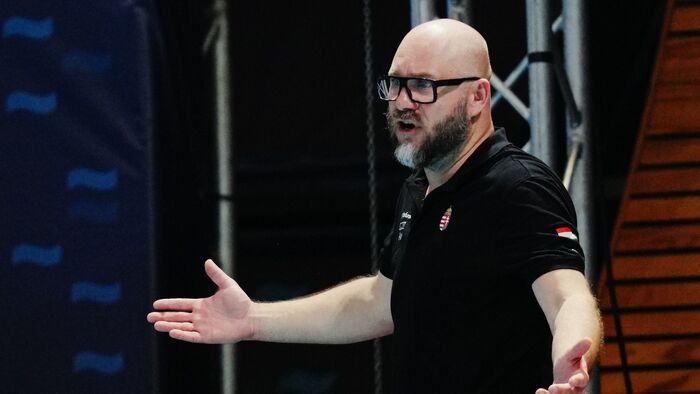

Szóljon hozzá!
Jelenleg csak a hozzászólások egy kis részét látja. Hozzászóláshoz és a további kommentek megtekintéséhez lépjen be, vagy regisztráljon!